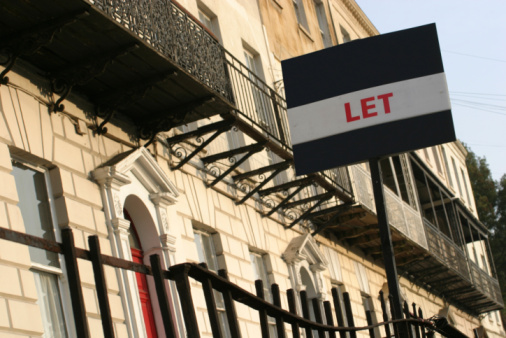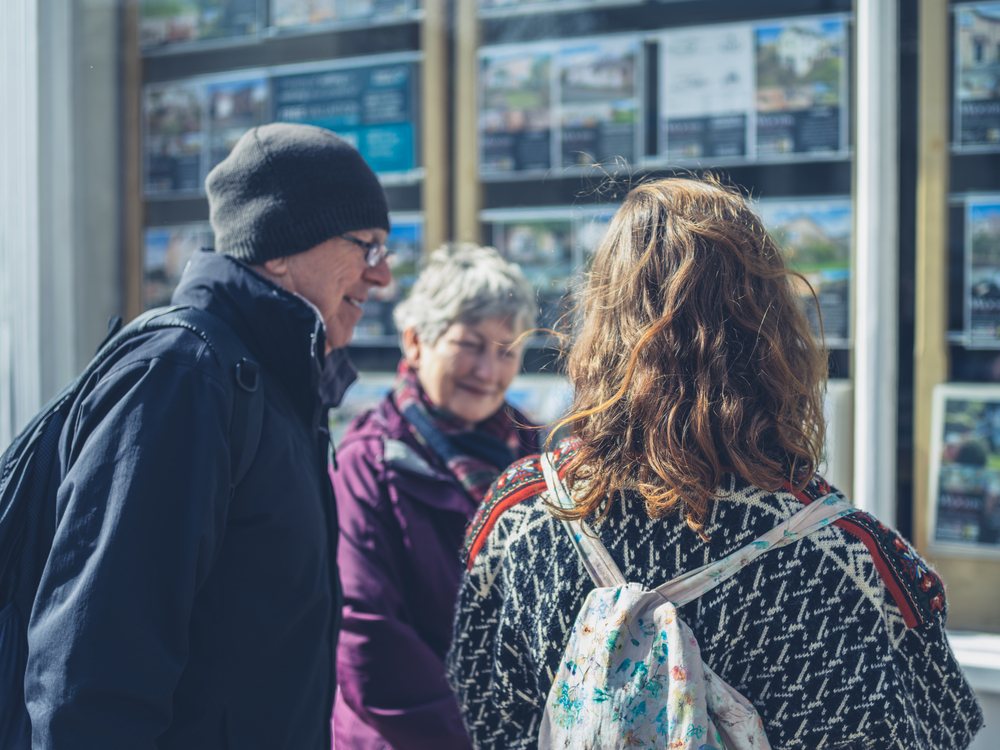Nearly three quarters of renters want to own their home but the majority think they will never be able to afford to get onto the housing ladder, new research has found.
 A YouGov survey of more than 2,000 adults in the UK has uncovered evidence many tenants were having to put up with cold, damp living conditions, landlords not completing essential repairs and anti-social neighbours.
A YouGov survey of more than 2,000 adults in the UK has uncovered evidence many tenants were having to put up with cold, damp living conditions, landlords not completing essential repairs and anti-social neighbours.
More than a third of those quizzed said they lived in poor quality properties and a similar number felt they had a limited choice of rental property. Around a fifth had concerns over safety or fire standards.
But the lack of housing and high prices meant six in ten renters feared they would never afford their own home. And many were not convinced by Government schemes such as Help to Buy Equity Loan or shared ownership, to get them onto the housing ladder.
Pipe dream
Paula Higgins, chief executive of the HomeOwners Alliance, one of the firms which commissioned the research, said: “We have a crisis on our hands. A majority living in rented accommodation desperately want to buy a home of their own – yet most think it’s a pipe dream.
“This shouldn’t be the case in the fifth strongest economy in the world.”
The Home Owners Survey, which was conducted ahead of this month’s ban on tenant fees, highlights the dire circumstances in which many UK renters are trapped.
Help to Buy
It also provided an insight into how renters, many who were would-be first-time buyers, felt about Government schemes to help them onto the property ladder.
It revealed two thirds of adults and 64% of renters thought the Help to Buy Equity Loan scheme, in which the Government provides a loan for the deposit on a new build property, was a good idea because it addressed the major hurdle of saving a deposit.
But one in six of those questioned thought it was a bad idea, raising concerns it supported an over-inflated property market, encouraged people to take on debt and boosted profits of developers.
Shared ownership
What’s more, the shared ownership scheme, which allows people to buy a proportion of a property and rent the rest, was endorsed by fewer than half of the adults quizzed in the survey.
Concerns around the fact people were still responsible for upkeep costs, yet also had to pay rent, were raised. It was criticised for burdening people with three bills – a mortgage, rent and lease. “The real solution,” said one of the adults surveyed, “lies in building enough homes to meet needs.”
Kim Vernau, chief executive of BLP Insurance, which also commissioned the study, said as there was no quick fix to the problems plaguing the housing market and a ‘pragmatic’ approach which tackled issues from multiple directions was necessary.
What’s more, progress was needed, she said, to help potential first-time buyers gain homeownership.
She added: “At the same time, freeing up housing stock for young families by incentivising elderly people to downsize from larger family homes remains a persistent challenge.
“The clear solution is to improve the quantity and quality of purposely built housing available to last-time buyers, which can also cater more appropriately to their needs later in life.”















https://petition.parliament.uk/petitions/261118
If you think shared ownership is flawed & needs legislation please sign & share
Anything to do with leasehold is not ownership in any shape or form, especially shared ownership. Long leasehold gives the tenant the right to live in the property for the duration of a declining lease, subject to the terms and conditions in the lease. You are subject to the whims of a remote freeholder who owns your property, who may have only paid 3% of the property value to get the freehold. This gives him the right to charge expensive permission fees, expensive ground rents, and for costly lease extensions or enfranchisement. You have more rights as a shorthold tenant, because at least you can move at short notice, you have not paid upfront for a declining asset, and the landlord is required to keep the property habitable and in a reasonable condition. Commonhold is now used everywhere else for communal living except England and Wales, which continues with feudal leasehold.